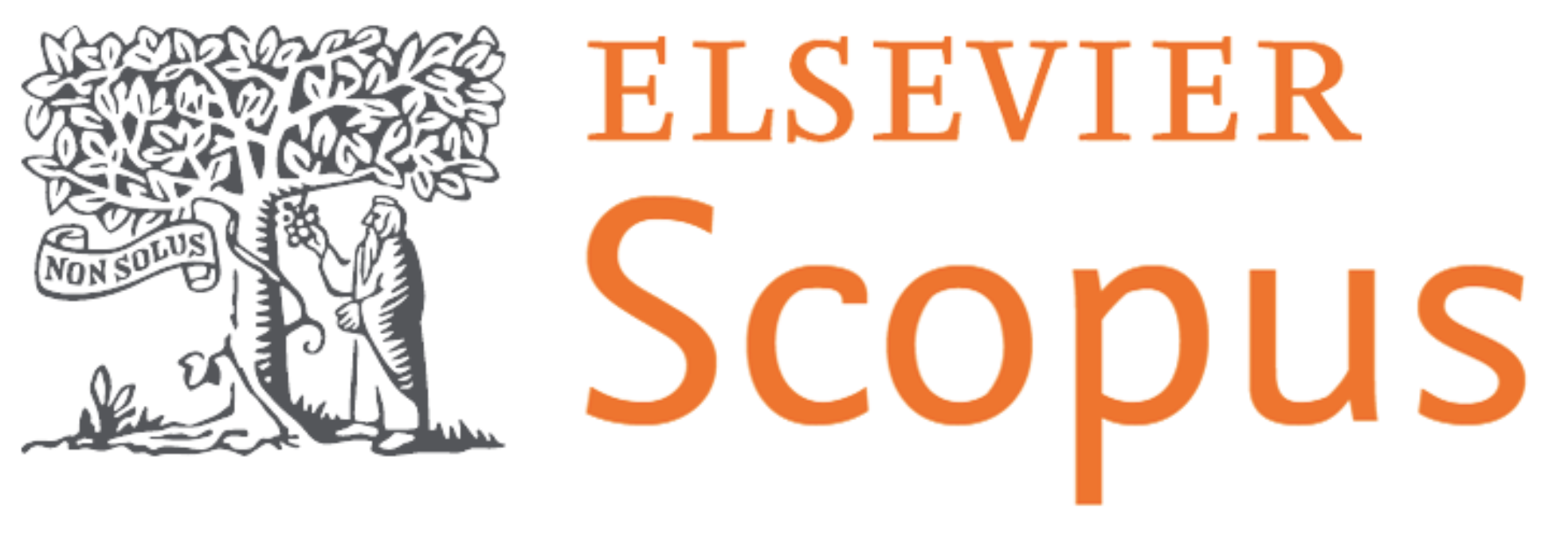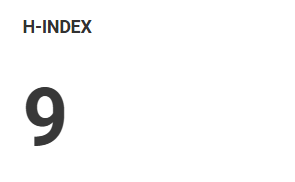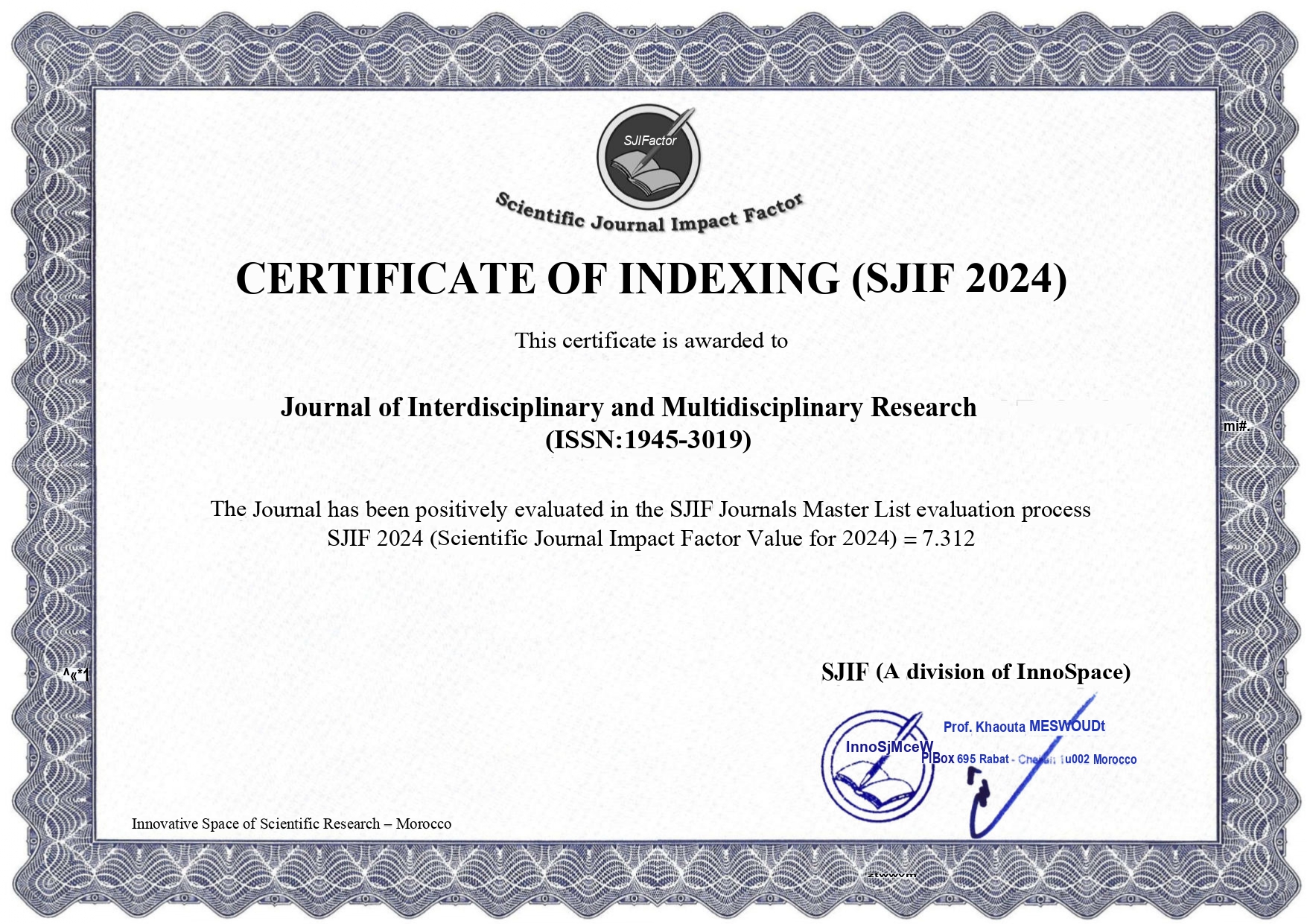Exploring Sustainability and Constraints in Organic Ginger Farming: A Case Study of Thayong, Manipur
DOI:
https://doi.org/10.5281/zenodo.17157314Keywords:
Organic ginger cultivation, sustainable farming practices, economic challenges, Thayong region, ManipurAbstract
The study investigates the sustainable agricultural methods, obstacles encountered by organic farmers, and the potential growth of organic ginger farming in the Thayong area of Manipur. In Thayong, it has been identified that there are 150 ginger farmers growing two varieties of ginger: local ginger and Nadia ginger. These ginger crops are also interplanted with pineapples. To gather insights from the ginger farmers, both interviews and observational methods were utilized. The study highlights several challenges faced by the farmers, including pest and fungal issues, the high cost of organic fertilizers, and deteriorating soil fertility due to Jhum or shifting cultivation. Despite these challenges, the demand for organic ginger is consistently rising, presenting an opportunity for increased production and export. This research recommends that the relevant departments and government agencies offer targeted assistance by providing subsidies for fertilizers and pesticides, conducting regular monitoring of organic ginger farmers to address pest and fungal issues, and critically, expanding land allocations for organic ginger farming. Such measures could boost opportunities in both local and international markets for organic ginger. The dynamics of organic ginger farming in Thayong could be further enhanced by establishing a reliable market channel. Furthermore, the method of cultivating organic ginger in Thayong represents a commendable effort towards sustainable agricultural practices and a healthier environment. Most importantly, the research aims to elevate the standard of organic ginger farming in the state.
Downloads
Published
Issue
Section
License
Copyright (c) 2025 Rajkumari Girija Devi, Padmabati Khundrakpam (Author)

This work is licensed under a Creative Commons Attribution 4.0 International License.






